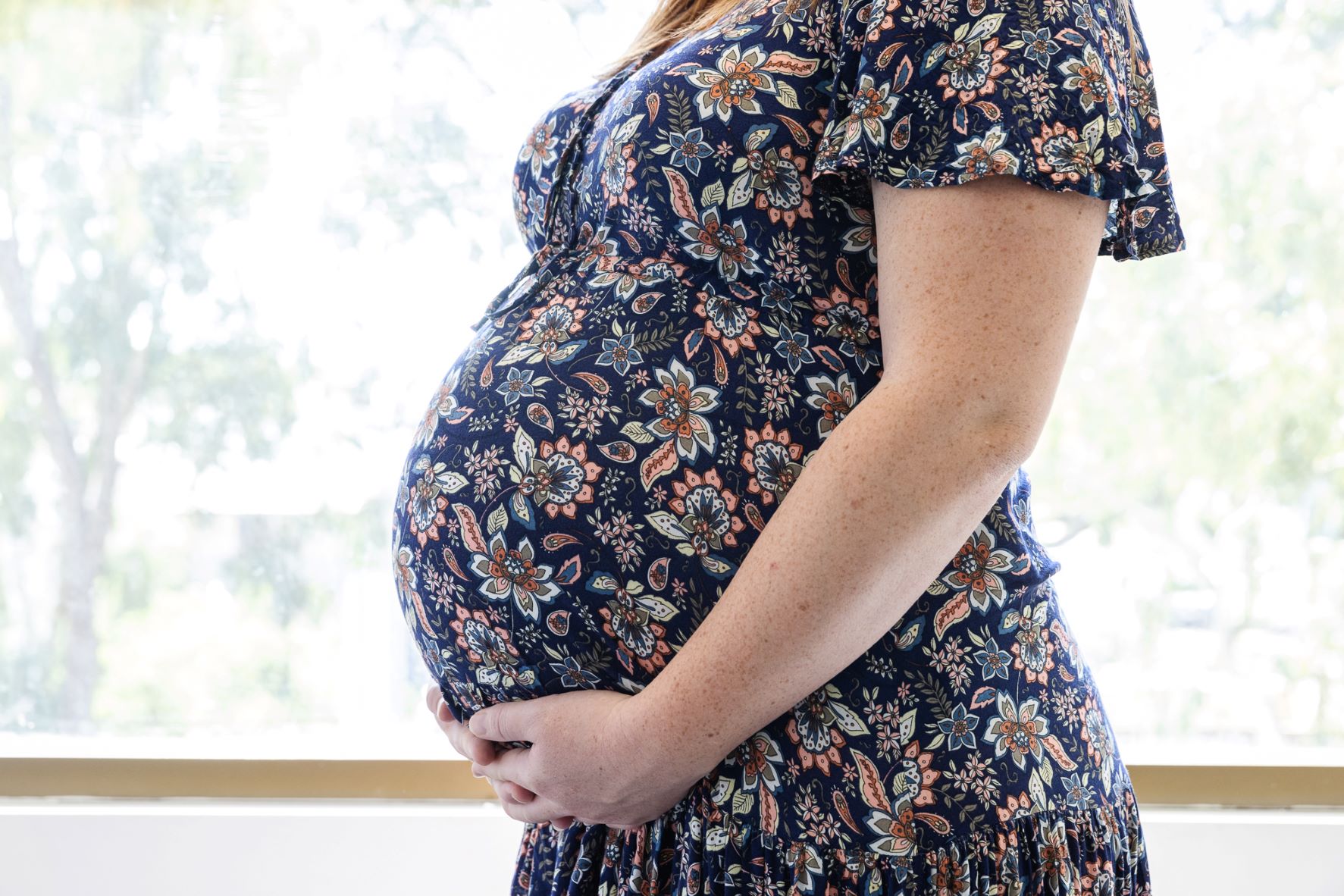Search
Showing results for "Au"
Research
Tissue resident memory T cells: putting cancer cells to sleep and a target for therapyTissue resident memory T cells are cancer killing immune cells that have emerged as key players in immune-mediated control of solid cancers, as well as being markers of prognosis and predictors of response to immunotherapy.
Research
Tonsil organ model to evaluate carriage, disease mechanisms and therapeutic interventions for treatment and prevention of GAS infectionsTonsil organ model to evaluate carriage, disease mechanisms and therapeutic interventions for treatment and prevention of Group A Streptococcal infections.
Rett Syndrome Association of Australia and ANZACRett are two family-oriented organisations.

SYMBA is promoting gut health (symbiosis) with prebiotic fibre taken during pregnancy for prevention of allergic disease.
Research
Ngangk Ngabala Ngoonda (Sun Safety)The ‘Ngangk Ngabala Ngoonda (Sun Safety) of Aboriginal young mob of WA’ is a community-led project that aims to identify the sun safety needs and strengthen sun safety knowledge of Aboriginal Children and Young People in Western Australia.
Research
Moorditj Marp (Strong Skin) Evaluation and development of culturally relevant healthy skin storybooksCo-designed and in collaboration with community members, the impacts of this project will directly benefit families by building awareness, empowering decision-making, and improving confidence around the recognition and management of skin conditions for Aboriginal children.
Research
Wet CoughA wet cough in a child for more than four weeks could indicate infection in the lungs. The wet cough is caused by mucus in the airway. The mucus becomes infected with bacteria and causes airway inflammation that can progress to permanent lung damage known as bronchiectasis.
Research
Respiratory Viral Testing Rate Patterns in Young Children Attending Tertiary Care Across Western Australia: A Population-Based Birth Cohort StudyBelaynew Christopher Peter Hannah Minda Huong Taye Blyth Richmond Moore Sarna Le MD, MPH, PhD MBBS (Hons) DCH FRACP FRCPA PhD MBBS MRCP(UK) FRACP OAM
Research
Do parent-reported early indicators predict later developmental language disorder? A Raine Study investigationDevelopmental language disorder (DLD) is one of the most common neurodevelopmental conditions. Due to variable rates of language growth in children under 5 years, the early identification of children with DLD is challenging. Early indicators are often outlined by speech pathology regulatory bodies and other developmental services as evidence to empower caregivers in the early identification of DLD.
Research
A scoping review of trans and gender diverse children and adolescents’ experiences of physical activity, sport, and exercise participationThis study investigated the potential of using SARS-CoV-2 viral Increasing young people's physical activity, along with their motivation and confidence to be active, is widely advocated for supporting desirable health outcomes. Trans and gender diverse (henceforth; trans) young people experience significant physical activity-related barriers compared to cisgender (i.e., an individual for whom gender identity and sex presumed at birth are in alignment) peers.
